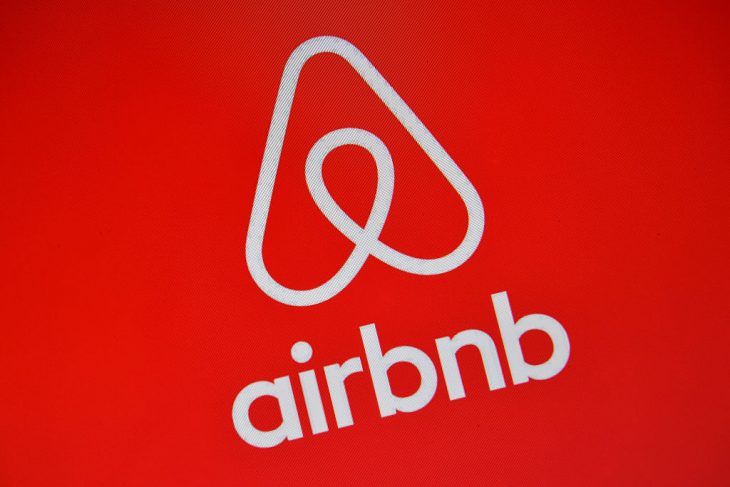Much of the fiercest opposition to the Trump regime has come from large corporations. The most recent example is Airbnb, whose Superbowl advert showed a group of people alongside a message saying: ‘We believe no matter who you are, where you’re from, who you love or who you worship, we all belong’. It was a clear attack on the president’s nationalist policies.
We use Airbnb quite a bit, both as hosts and guests, and it is a fantastic business. On top of the extra cash it allows people to earn, it does bring some solid social benefits, perhaps the biggest of which is that, because of online reputations, it encourages people to behave in a very civil and considerate way. It also encourages trade, exchange and interaction with people from different parts of the world. This is the miracle of capitalism, which for several centuries has been the greatest force for social progress, liberalism and peace the world has ever known.
But the entire Airbnb business model also depends on hosts being able to discriminate in choosing who comes to their home, and if these homeowners were subject to the same anti-discrimination laws as hotels, the system would collapse instantly, as it depends on trust and reputation. Indeed, there is a great amount of evidence that Airbnb hosts do racially discriminate, which the company finds embarrassing and takes seriously. It’s this fact that makes Airbnb’s pinkwashing so odd, even more so than Budweiser’s curious historical analogy between German immigration in the 19th century and today’s situation.
The people who run Airbnb are presumably quite smart, so I wonder how much they believe they can actually eliminate this prejudice. The site’s hosts use coarse discrimination based on the belief that people with certain characteristics are more likely to be bad guests; this is found through all sorts of areas of life, including employment. However, for individuals with good online reputation this effects tends to disappear or heavily decline, as people apply fine discrimination, which is far more useful.
The social benefits of Airbnb are not that people who are prejudiced or insular or cautious are barred from taking part, but that overall it leads to more open-mindedness and interaction. And as far as I know no one, anywhere, believes that people don’t have the right to decide who comes into their home, yet many see their country in almost the same terms. As Scott Alexander put it:
In one model, immigration is a right…It’s like a store: everyone should be allowed to come in and shop and if a manager refused someone entry then they better have a darned good reason. In another, immigration is a privilege which members of a community extend at their pleasure to other people whom they think would be a good fit for their community. It’s like a home: you can invite your friends to come live with you, but if someone gives you a vague bad feeling or seems like a good person who’s just incompatible with your current lifestyle, you have the right not to invite them and it would be criminal for them to barge in anyway.
I personally think the home model makes more sense, and is more likely to lead people to have faith and trust in common institutions – the very things that make western countries so appealing. There are many things wrong with Trump’s travel ban; on top of being arbitrary and cruel, it uses coarse discrimination in a way that probably does not even reduce risk. I think it’s wrong. I also believe that Americans have the right to choose who comes to their home; and that because they have been generous and welcome hosts in the past does not negate from their right to have a home today.







Comments